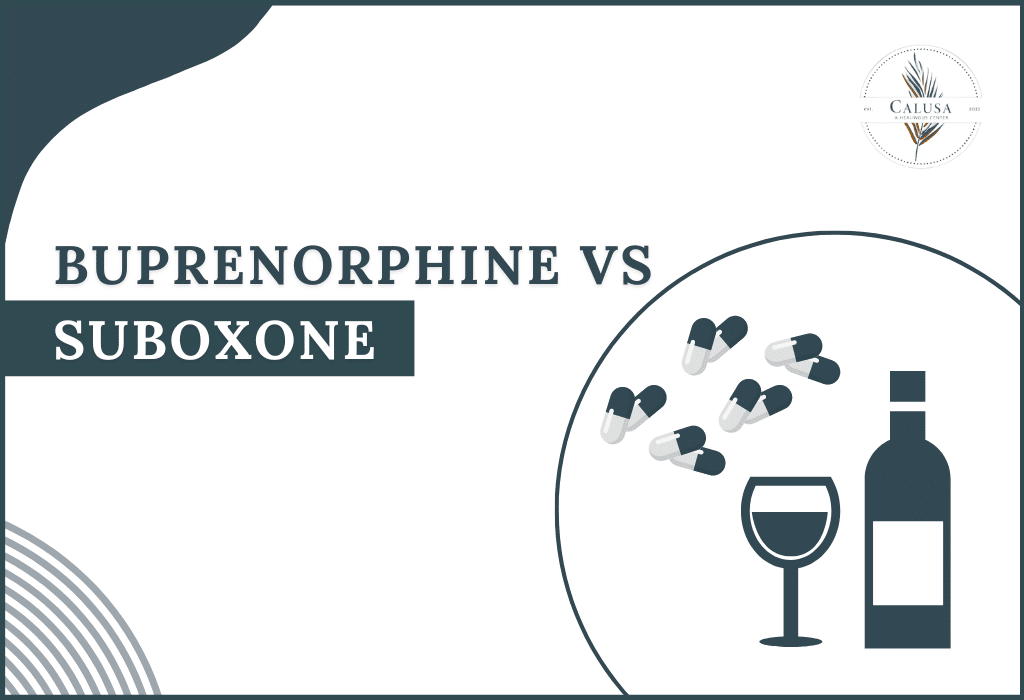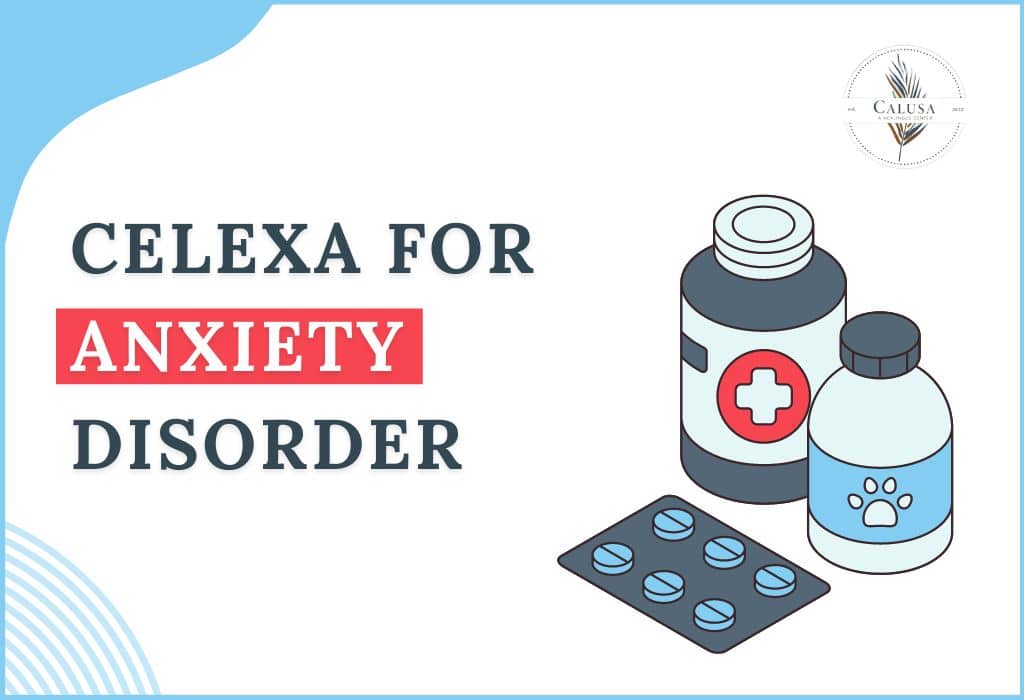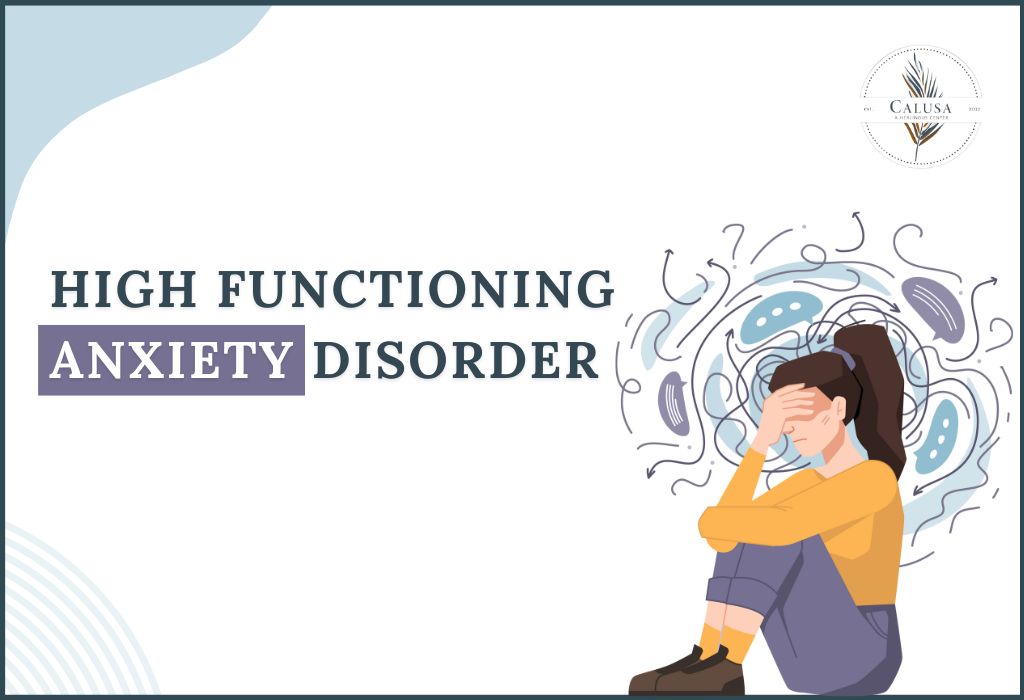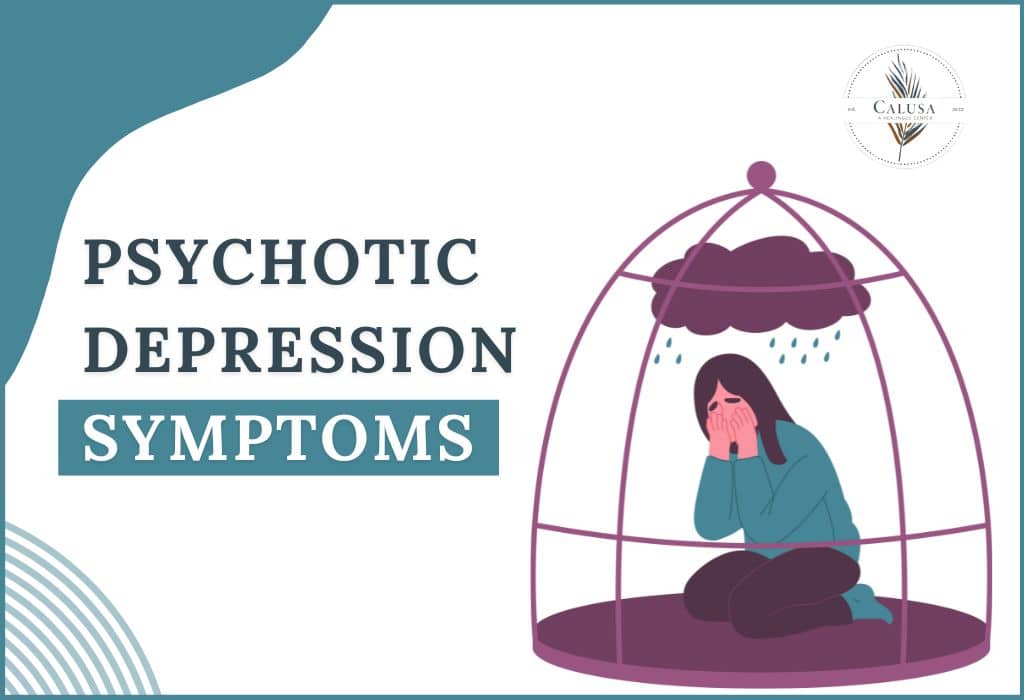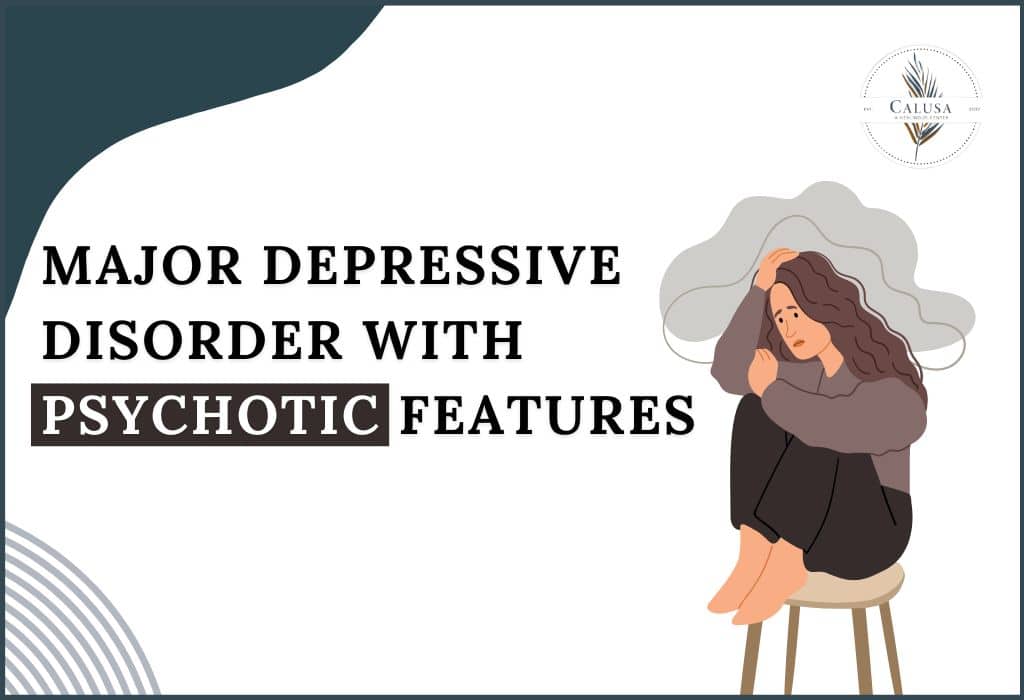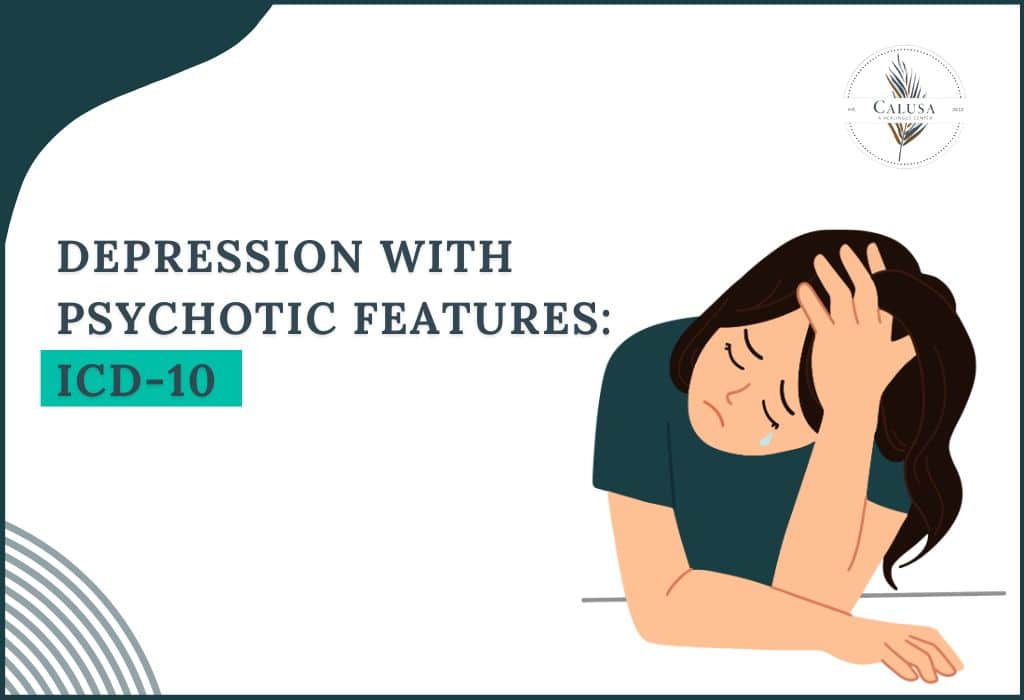Obsessive Compulsive Disorder is a mental health condition that most adults are facing. As per research from the National Health Foundation, about 1 in 100 adults in the United States are suffering from Obsessive Compulsive Disorder. But can OCD cause psychosis?
It is no secret that OCD does not discriminate between race, gender, ethnicity, nationality, and background. Anyone can have Obsessive Compulsive Disorder. At the same time, psychosis is a symptom of a mental health condition wherein an individual may feel disconnected from reality.
In this blog, we will answer the question: ‘Can OCD cause psychosis?’
What is Psychosis?
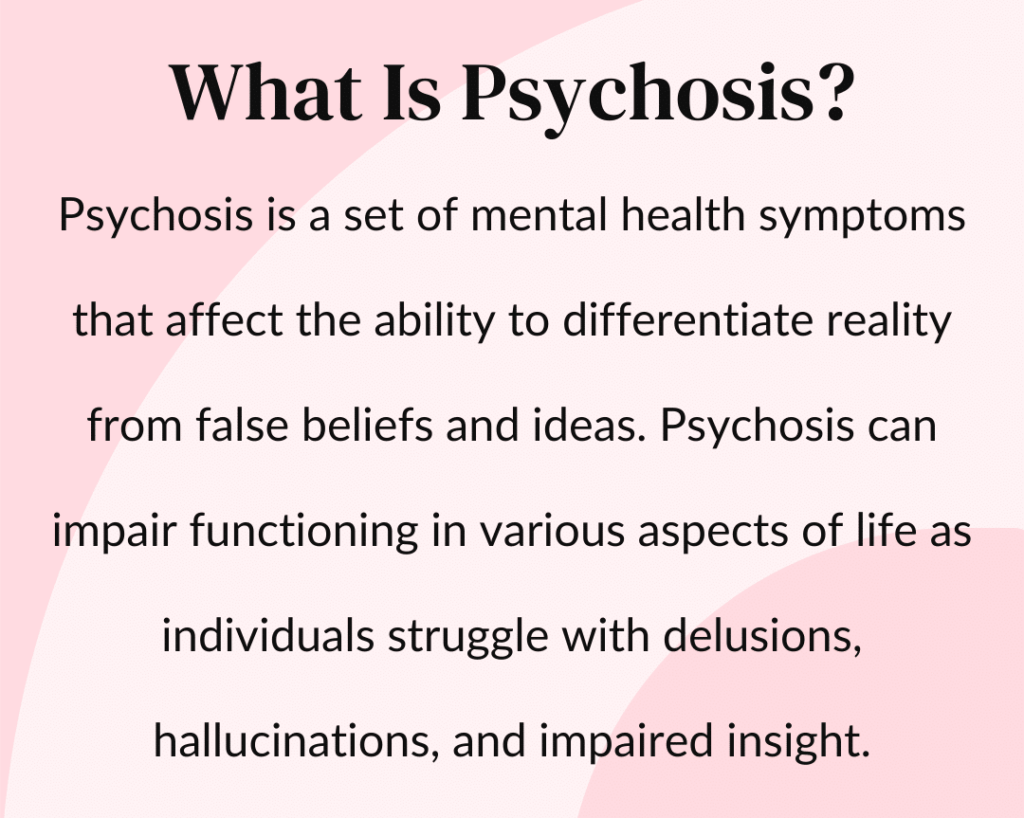
Before we answer the question: ‘Can OCD cause psychosis?’, we must understand more about psychosis.
An individual who is suffering from psychosis can get detached from reality. They might find it challenging to think like an average person and comprehend situations. In such a scenario, they might have unusual and strange ideas.
Young adults are more vulnerable to experiencing episodes of psychosis. As per data from the National Institute of Mental Health, 3 in 100 young adults experience episodes of psychosis. However, a full recovery from a psychotic episode is possible.
What is Obsessive Compulsive Disorder?
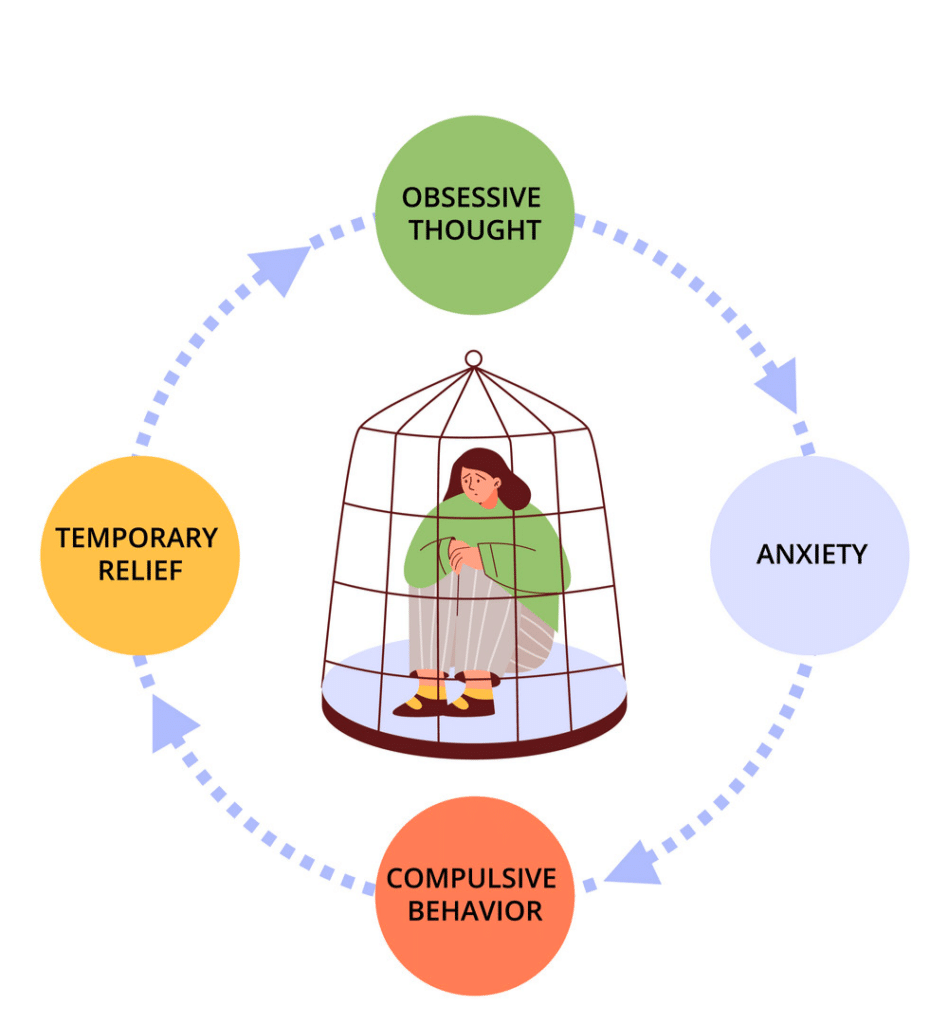
Obsessive Compulsive Disorder (OCD) is a phenomenon wherein an individual suffers from dark and intrusive thoughts that are often disturbing. These intrusive thoughts are called ‘obsessions’. They also showcase repetitive patterns of behaviors. These patterns of behavior are called ‘compulsions.’
These obsessions and compulsions can manifest as intrusive images or unwanted desire to act on a thought. Compulsions can impact the day-to-day life of an individual. An individual suffering from Obsessive Compulsive Disorder may find it challenging to interact in a social setting.
As every individual is different, symptoms of Obsessive Compulsive Disorder can also vary from one individual to another. However, the following are the common examples of obsessions and compulsions:
An individual suffering from OCD can notice the following types of obsessions:
- Causing or inflicting harm upon themselves or those around them
- Losing control over their thoughts
- Seeking perfectionism in everything that they do
- Obsessing over religion
- Obsessing over sexual thoughts or having intrusive sexual thoughts
On the other hand, the following are typical examples of compulsions:
- Checking and re-checking whether an individual has completed a particular task like locking the door
- Obsessively cleaning and washing something
- Repeating a particular word, phrase, or repeating specific body movements
- Mentally repeating a scenario or rethinking what can be said
Now that we have understood psychosis and OCD, let us try to understand the correlation between these two before diving into the question: ‘Can OCD cause psychosis?’
What is the correlation between Obsessive Compulsive Disorder and psychosis?
Before exploring the answer to the question: ‘Can OCD cause psychosis?’ we need to understand the correlation between Obsessive Compulsive Disorder and psychosis.
As per the International OCD Foundation, the first symptoms of OCD appear when an individual is between the ages of 8 and 12. These symptoms can also occur in the late teenage years and early adulthood. However, a therapist can also diagnose this mental health condition by the time an individual is 19 years of age.
Psychosis, on the other hand, is identified by disordered thinking, hallucinations, and delusional thoughts. In simple words, psychosis is a mental health condition in which an individual cannot identify or differentiate between their beliefs and reality.
It is crucial to understand that psychosis is not a specific disorder but a symptom that is associated with other mental health disorders. As per evidence from the National Health Foundation, about 1.5% to 3.5% of individuals suffer from some type of psychotic disorder in their lives. The number of individuals who go through psychotic symptoms is much higher.
In other words, Obsessive Compulsive Disorder is a complicated mental health disorder that is a phenomenon when the patient is suffering from intrusive thoughts and repetitive patterns of behavior. These thoughts and patterns keep an individual from living the best quality of life. There is a potential connection between OCD and psychosis, but can OCD cause psychosis? We will explore the answer to this question in the next section of this blog.
Can OCD cause Psychosis?
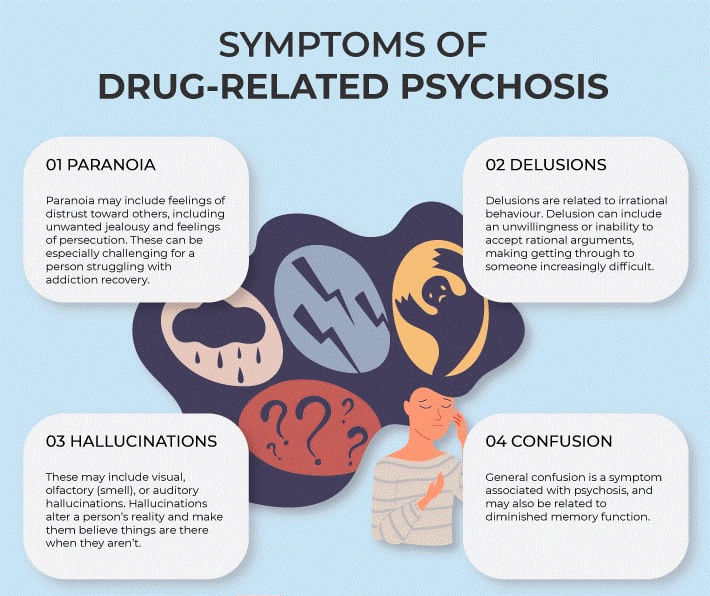
In this section, we are going to address ‘can OCD cause Psychosis?’. Obsessive Compulsive Disorder is a common condition that affects the mental health of an individual. However, this condition is sometimes misdiagnosed and misunderstood. People misunderstand Obsessive Compulsive Disorder as a condition wherein an individual focuses on counting, cleaning, and organizing.
Reality is much different. Counting, cleaning, and organizing are just a couple of symptoms of OCD. For example, an individual may be obsessed with counting tiles on the sidewalk. Another individual may be obsessed with compulsively cleaning their surroundings.
Since every individual is different, the symptoms of OCD might vary as well. Some individuals may suffer from the symptoms of psychosis along with Obsessive Compulsive Disorder. They might lose touch with reality due to their obsessions and compulsions. However, can OCD cause psychosis in the long run? Let us find out in the next section.
Can OCD cause Psychosis in the long run?
Obsessive Compulsive Disorder and psychosis are two different phenomena. It is not necessary for every individual suffering from OCD to also suffer from the symptoms of psychosis at the same time. However, it can be possible for some individuals to experience some symptoms of psychosis along with Obsessive Compulsive Disorder.
As we know, psychosis is a phenomenon where an individual loses touch with reality and cannot distinguish between their hallucinations and reality.
In cases where an individual has Obsessive Compulsive Disorder for an extended period, they may develop symptoms of psychosis. These symptoms typically develop when an individual is facing extreme levels of anxiety due to their intrusive thoughts.
So, if you were wondering: ‘Can OCD cause Psychosis?’ in the long run, the answer is yes, typically in cases where an individual is highly anxious and hysterical.
Frequently Asked Questions
1. Can OCD cause psychosis?
Psychotic symptoms like hallucinations, delusions, and disordered thinking are common in people with OCD. Therefore, OCD can cause psychosis, where individuals are highly anxious and hysterical.
2. What does severe OCD look like?
When an individual is suffering from severe OCD, they might be prone to compulsive behaviors and rituals to get rid of their anxiety. In severe cases of OCD, an individual might find it impossible to concentrate on anything else unless their compulsive patterns are satisfied.
3. Is there a cure for psychosis?
Yes, a therapist can cure psychosis with medications, therapies, or a combination of both. With the advancement of medical science, there is a cure for almost every disorder, and psychosis is not an exception.
Conclusion
Living life with OCD can be quite challenging. But can OCD cause psychosis? The answer is yes. The symptoms of OCD can vary for every individual. Similarly, whether or not OCD can cause psychosis depends on the severity of symptoms of OCD in an individual.
Therefore, with time and depending upon the severity of symptoms of OCD, an individual can also develop psychosis. However, diagnosis of psychosis is not the end of the world. In such cases, various coping strategies like therapies, medications, and practicing mindfulness exist. These treatments can help an individual in managing the symptoms of OCD and psychosis.




